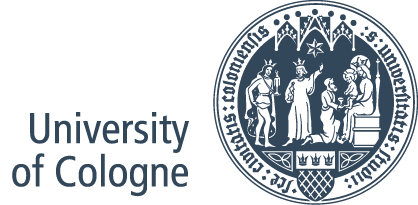en
Persons
Thomas Mussweiler
Publications (selection)
Kedia, G., Mussweiler, T., Mullins, P. & Linden, D. E. J. 2014.
"The Neural Correlates of Beauty Comparison." Social Cognitive and Affective Neuroscience, 9(5), 681-688.Kedia, G., Mussweiler, T. & Linden, D. E. J. 2014.
"Brain Mechanisms of Social Comparison and Their Influence on the Reward System." NeuroReport, 25(16), 1255–1265.Mussweiler, T. 2014.
"Same or Different? How Similarity Versus Dissimilarity Focus Shapes Social Information Processing.“ In: J. W. Sherman, B. Gawronski, & Y. Trope (Eds.), Dual-Process Theories of the Social Mind, 328-339. New York: The Guilford Press.2019
Posten, A.-C. & Mussweiler, T. 2019.
"Egocentric Foundations of Trust." Journal of Experimental Social Psychology, 84.Posten, A.-C., & Mussweiler, T. 2019.
"How do you decide whether to trust a stranger?” Character & Context.2017
Posten, A.-C. & Mussweiler, T. 2017.
"That Certain Something! Focusing on Similarities Reduces Judgmental Uncertainty." Cognition, 165, 121-125.2016
Ihssen, N., Mussweiler, T. & Linden, D. E. J. 2016.
"Observing Others Stay or Switch – How Social Prediction Errors Are Integrated Into Reward Reversal Learning." Cognition, 153, 19–32.Mussweiler, T., Michels, C. & Weiss, A. 2016.
"Reflections on Comparison: The Selective Accessibility Mechanism." In R. Deutsch, B. Gawronski, & W. Hoffmann (Eds.). Reflective and impulsive determinants of human behavior. New York, NY: Psychology Press, 19-33.Schmitt, V., Federspiel, I. G., Eckert, J., ... Michels, C., ... Mussweiler, T. & Fischer, J. 2016.
"Do Monkeys Compare Themselves to Others? " Animal Cognition, 19, 417-428.Strack, F., Bahník, S. & Mussweiler, T. 2016.
"Anchoring: Accessibility as a Cause of Judgmental Assimilation." Current Opinion in Psychology, 12, 67-70.2015
Chen, F. S., Mayer, J., Mussweiler, T. & Heinrichs, M. 2015.
"Oxytocin Increases the Likeability of Physically Formidable Men." Social Cognitive and Affective Neuroscience, 10(6), 797-800.2014
Posten, A.-C., Ockenfels, A. & Mussweiler, T. 2014.
"How Activating Cognitive Content Shapes Trust: A Subliminal Priming Study." Journal of Economic Psychology, 41, 12-19.Press releases
Thomas Mussweiler is a new member of the Leopoldina German National Academy of Sciences. Founded in 1652, the Leopoldina addresses …
In the media
Kölner Stadt-Anzeiger, 17.07.2015 | Frank Olbert
„Thomas Mussweiler versammelt gerade international renommierte Psychologen in Köln, um auf einer Tagung über ‘Soziale Vergleiche’ zu sprechen. Die Veranstaltung ist Teil der Tagungsserie ‘Cologne Social Cognition Meetings’ – in diesem Rahmen kommen jährlich eine Gruppe von zirka 25 führenden Experten im Bereich der sozialen Kognitionsforschung nach Köln um jeweils ein Thema zu beleuchten.”Link to article: http://www.ksta.de/home/15189516,15189516.html
Kölnische Rundschau, 29.05.2014 | Marti Windrath”
„Die ‘Red Box’ an der Uni-Bibliothek lädt Studenten zu Forschungsprojekten ein. […] ‘Wir brauchen für unsere Forschung einen guten Zugang’, erläuterte Professor Thomas Mussweiler vom Kernforschungsbereich ‘Behavioral Economic Engineering and Social Cognition’, der sich mit Fragen wie der Rolle des Vertrauens und Misstrauens für unser soziales Handeln befasst.”Link to article: http://www.rundschau-online.de/koeln/uni-labor-die-psychologen-oeffnen-sich,15185496,27275240.html
Brigitte, 18.05.2014 | Stevie Schmiedel
„Was will das Weib? Ein Marketingpsychologe von der Universität Köln weiß es. Passend zum Start von ‘Brigitte ohne Models’ im Jahr 2010 hat Thomas Mussweiler, zusammen mit den Universitäten Arizo und Rotterdam, eine Studie über uns Frauen angefertigt.”Link to article: http://www.brigitte.de/frauen/stimmen/stevie-schmiedel-1198231/










